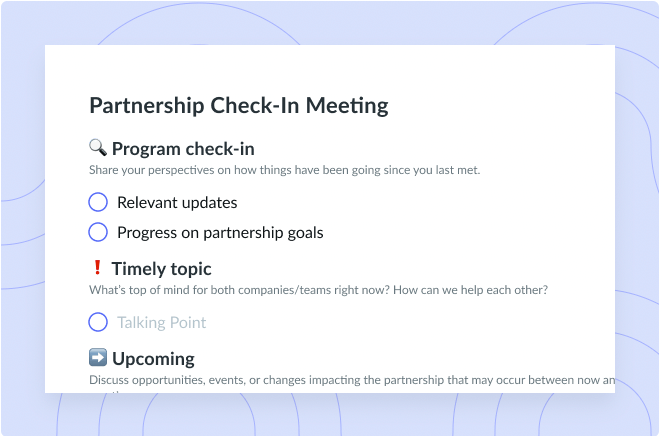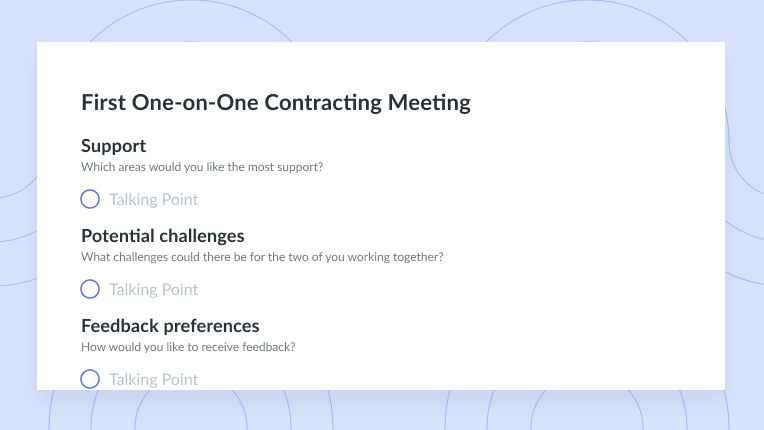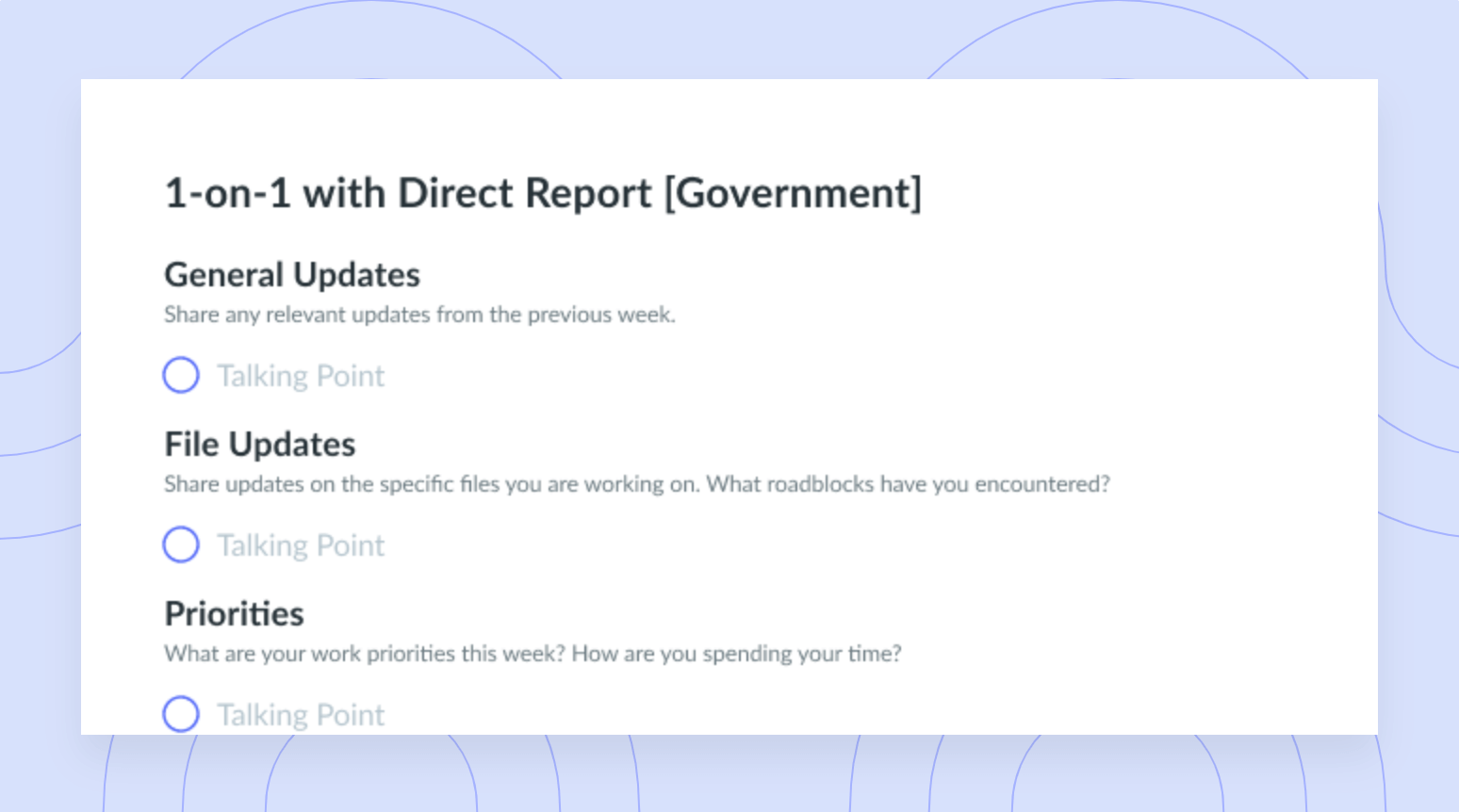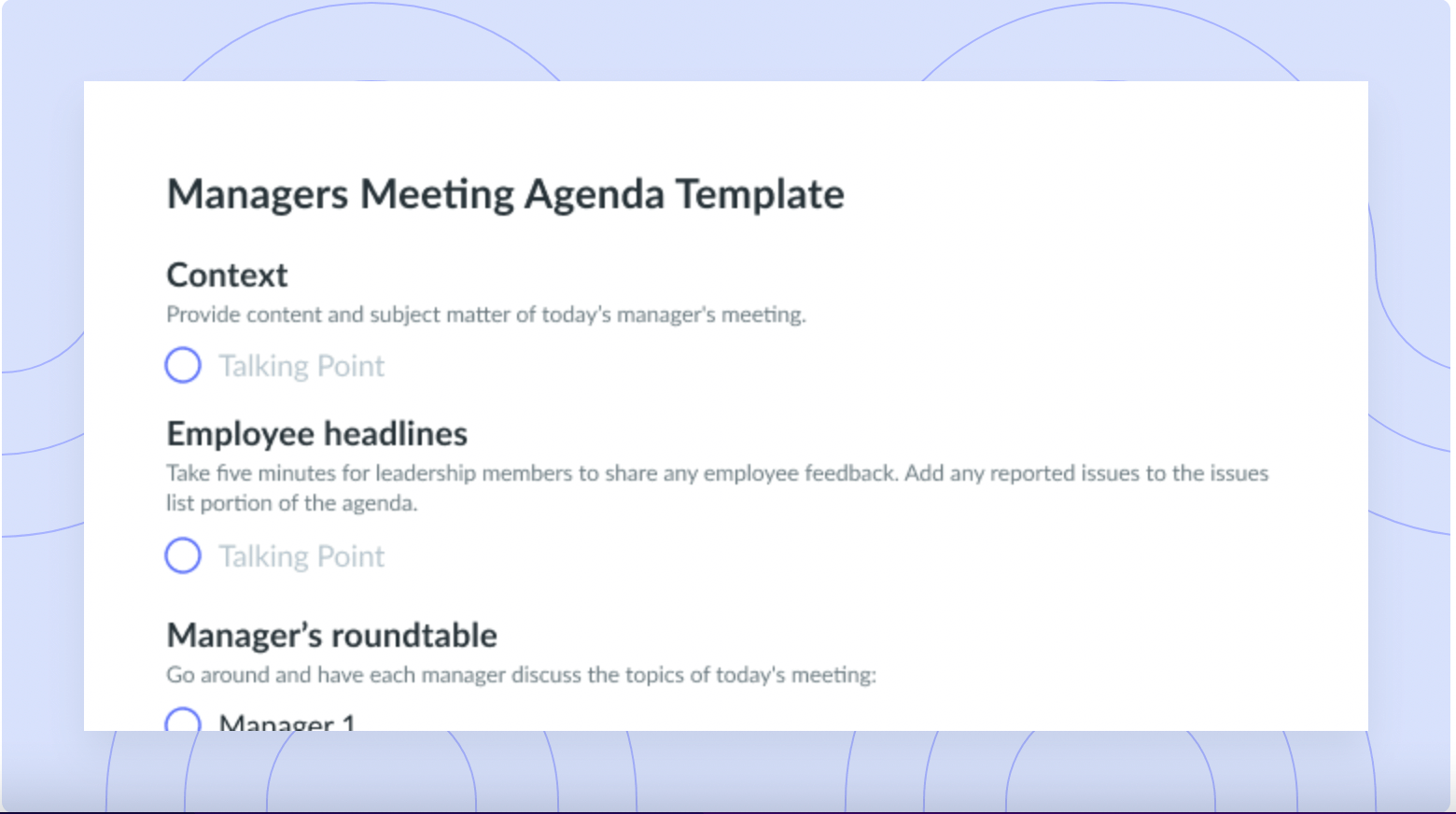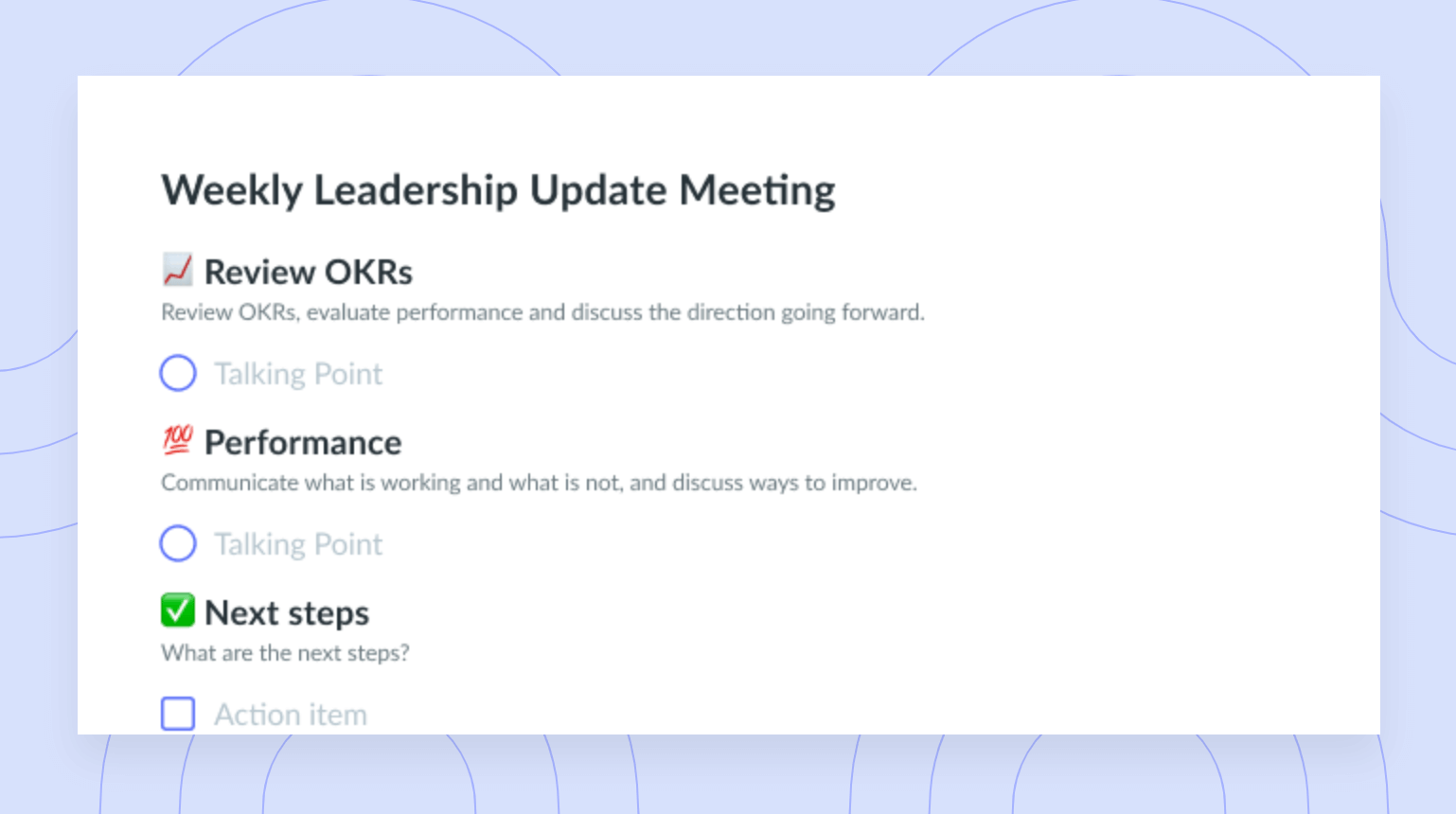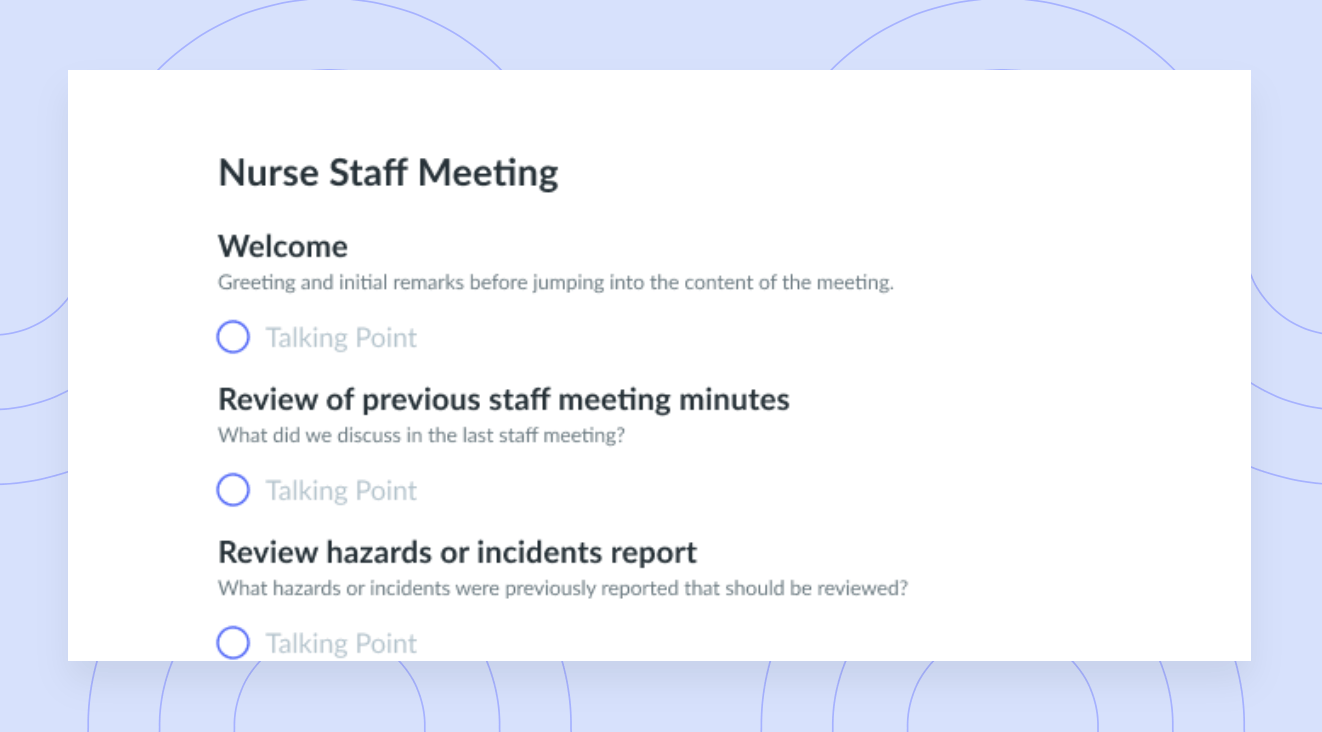How to Build Trust at Work: 7 Ways to Strengthen Relationships
Learn about how to build and strengthen trust at work to foster employee engagement, productivity, and strengthen your professional relationships.
It’s important for any manager to understand how to build trust at work. Maintaining high levels of trust with your team members is going to enhance employee engagement and therefore also enhance employees happiness and overall satisfaction at work. Building an environment of trust certainly doesn’t happen overnight. A culture of trust can only be created with consistent time and the effort to make all employees feel safe and secure at work. In a recent article by the Harvard Business Review, they articulate why trust in the workplace is so important:
“Trust is often talked about as the bedrock of a company’s success. Most people think about the issue in terms of customers: They have to believe in you and your products and services. But trust within the organization is just as important: Your employees must believe in each other. When they don’t, communication, teamwork and performance inevitably suffer.”
Because creating trust at work is so important, this article is going to take you through why trust in the workplace matters and several functional ways on how to build trust and embed it into your corporate culture.
Why does trust in the workplace matter?
Trust at work matters for several reasons. Establishing an environment of trust with your employees from the get-go is going to produce higher levels of employee engagement, help with decreasing stress and burnout and also help with encouraging creativity and innovation. Moreover, in times of change, trust is truly the glue that helps hold a team together as they pivot, learn and grow together. As leaders, we often need to have difficult conversations with employees. If you’re delivering constructive criticism and there’s a lack of trust, that conversation is going to feel much more difficult. Conversely, when an individual feels safe, they’ll trust your feedback is coming from a good place.
How to build trust at work
- Get to know your teammates
- Lead with trust
- Hold regular one-on-one meetings
- Create opportunities for social interaction
- Keep your words and actions consistent
- Admit when you made a mistake
- Ask for feedback frequently
1 Get to know your teammates
Start building trust by getting to know your teammates. After all, trust can’t exist without having a relationship with your coworkers. When you make the effort to get to know everyone on your team, you demonstrate your interest in them, their work and their needs. In an article by Inc, they further highlight the importance of getting to know each person on your team:
“Trust can be an issue not because each of us isn’t trustworthy, but because we can be self-centered. Combat this impression by genuinely demonstrating greater concern for the needs and interests of your people ahead of your own. Research continues to show that most people don’t believe their leaders have their best interests at heart. Ask the simple question: do I know what my people’s “best interests” are from their perspective?”
In taking this time to get to know your team members, you show them that you have their best interests at heart, that you see the potential in them and want to support them in achieving success.
2 Lead with trust
As a leader, in order to be trusted by the rest of your team, you need to show your team members that you trust them as well. When team members are performing well, give them more autonomy and avoid micromanaging their tasks. Give high performing employees the opportunity to take on additional responsibilities or learn about a new aspect of the business. If you have an employee who seems to be underperforming or struggling, make it your priority for this person to feel safe speaking to you and let them know that you are there to help and support them in getting to where they need to be. It’s especially important that you continue to nurture the trust you build with your team- especially through times of growth and change.
3 Hold regular one-on-one meetings
The more interaction that you have with your team members, the more opportunities there are to build trust. Scheduling regular one on one meetings with each of your employees is going to show them that you genuinely care about their professional development, their opinions and feedback. Holding regular one-on-one meetings says that you want to regularly check in on how your team members are doing in general. These regular meetings are going to keep you in the know in terms of each player’s progress, obstacles and aspirations. The better you know your team, the more trust is built. That trust leads to strong communications, collaboration and impressive team productivity.

Pro tip
Use a meeting management tool like Fellow for all one-on-one meetings to build trust by collaborating on agendas, exchanging feedback, and strengthening the relationship.

4 Create opportunities for social interaction
As we said, the more you interact with your team, the more trust is going to be built. While interactions in the office are valuable, the time that you spend with your team members outside of the office can feel a lot more genuine, unforced and enjoyable. When there are no business needs being considered in your interactions with your team, you can get to know them on a personal level, therefore building a stronger work relationship. Moreover, social interactions and events are a fun way to get your mind off the stresses of work and the current projects that you have on the go. Team building activities in a social setting can be another great way of fostering more trust.
5 Keep your words and actions consistent
Consistency is key when it comes to building trust. The extent to which you do what you say and lead by example as a leader determines how much trust your employees will have in you. In other words, you’ve got to walk your walk and talk your talk. Be consistent with the expectations that you hold for your team and stay true to your words. In speaking about consistency another article by the Harvard Business Review say that employees rate a manager high in trust if they:
- Are a role model and set a good example.
- Walk the talk.
- Honor commitments and keep promises.
- Follow through on commitments.
- Are willing to go above and beyond what needs to be done.
- Demonstrate expertise and judgement
You’re a leader for many reasons, one of them being your strong judgement and admirable expertise. This means that you need to show your team that you use good judgement when making business decisions and demonstrate that your knowledge and experience make important contributions that lead to achieving great results. It’s also important to be able to show your team that you can anticipate obstacles and respond quickly to issues that arise in a calm manner. A strong sign of expertise and sound judgement in a leader is noticing if other employees seek their opinions and if they trust their ideas and opinions.
6 Admit when you made a mistake
While expertise is essential, it doesn’t mean that leaders never make mistakes. In fact, everyone makes mistakes and admitting to them makes you look a lot more human. If you criticize employees when they fall short or make a misjudgement, you certainly need to be able to highlight when you make a mistake. Not only does this show humility, but it provides a strong learning opportunity for your team. Instead of casting blame, it’s a good idea to point out organizational shortfalls or issues with your own leadership that have led to this situation. This clearly shows your team that different rules don’t apply to different employees, based on rank. When times are tough at work, try to reflect on your leadership and what you may be able to work on to improve the situation.
7 Ask for feedback frequently
When you consistently ask your team for feedback, you let them know that you care about their opinions and want to take them into consideration. A culture of feedback gives employees the chance to be heard by their leader and gives them a voice within the organization. Asking for feedback frequently guarantees that each member of your team is actively involved in the development and improvement in their own careers, as well as in your own development as a leader. Make sure that you pay attention to both body language and eye contact as you work to strengthen trust through feedback. Feedback is a reciprocal relationship, so when you are giving and also receiving that feedback, you are building trust and cultivating loyalty.
Parting advice
When you put trust into your employees, that trust is going to come back to you. Make sure that you clearly communicate the trust that you have in your team so that they know that you believe in them and their abilities. A great rule of thumb is to trust people until they give you a reason not to. High trust teams are more productive, more satisfied with their jobs and feel more valued. Employee trust is something that is developed and continuously built over time, which is well worth your efforts as a manager. Reminding your team that you trust them is going to empower and engage each individual.
As always, it’s a pleasure to see you on the Fellow blog! If you enjoyed this article, be sure to share it with a friend or a colleague. Until next time!







![Hosting 1:1s as a CEO: 9 Best Practices [+ Free Templates]](https://fellow.app/wp-content/uploads/2023/01/Hosting-one-on-ones-as-a-CEO.jpg)

